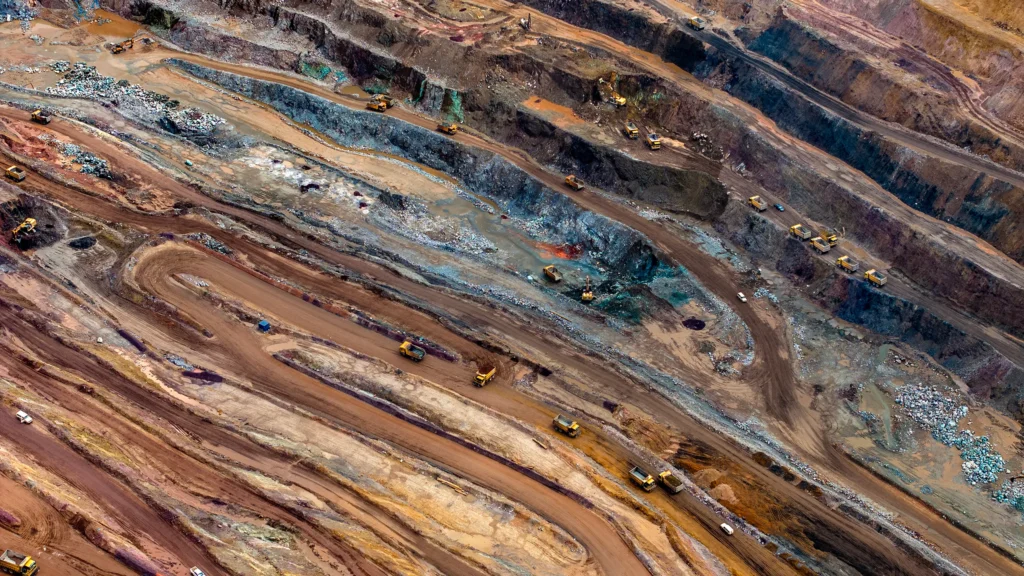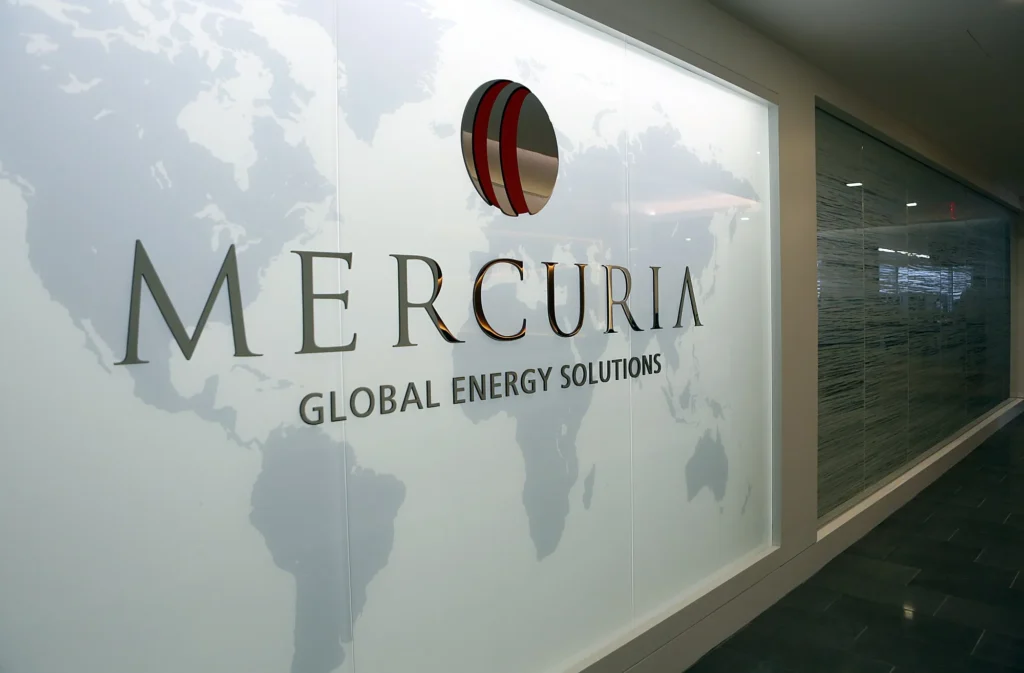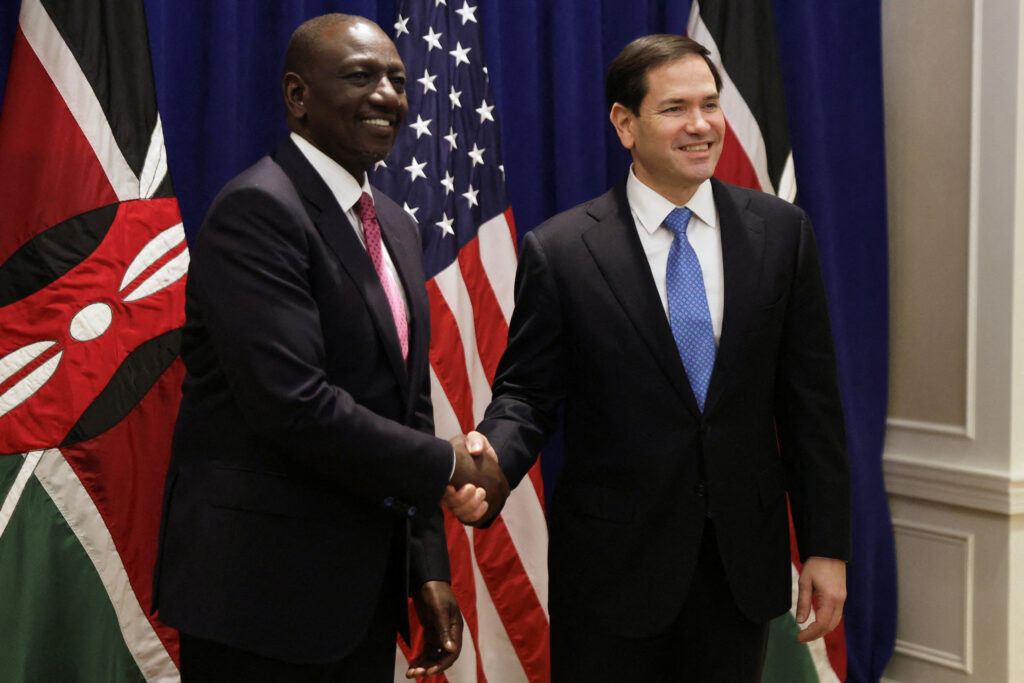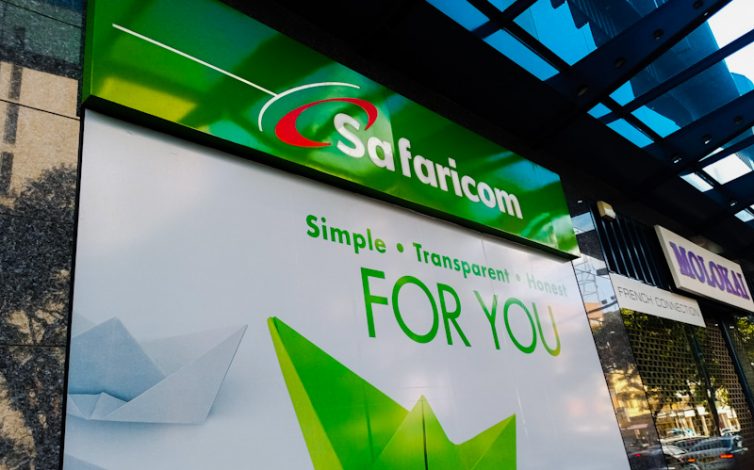
Niger, where less than a third of the territory has internet access, is turning to satellite broadband to connect remote areas.
The country’s patchy digital coverage stems from underinvestment and the destruction of relay antennae by armed groups, according to electronic communications regulator ARCEP.
In November, Niger’s military rulers granted a five-year contract to Elon Musk’s Starlink, aiming to bring high-speed internet to the Sahel nation.
With this move, Niger joins around 15 African countries that have authorized Starlink’s satellite services for improved connectivity across vast and isolated landscapes.
Economist Ibrahim Adamou Louche emphasized that essential services like banking, healthcare, education, and agriculture increasingly rely on internet access.
Communications Minister Sidi Ahmed Raliou predicted that Starlink’s satellites could extend internet coverage to “about 80 to 100 percent” of the nation’s 1,267 square kilometers.
Despite its promise, the service comes at a high cost in a country where nearly half the population earns less than a dollar a day.
Users must pay between 260,000 and 400,000 CFA francs ($414–$637) for Starlink’s necessary equipment, making access a luxury for many.
The demand for internet has fueled illicit trade, with some equipment smuggled in from neighboring Nigeria for those unable to afford official imports.
On market days, people gather around Wi-Fi routers to buy temporary access, said Moussa Djibrilla, a teacher in the western community of Mangaize.
In rural areas, satellite internet is particularly popular, said vendor Ali Sat, while Niamey, the capital, has seen limited adoption so far.
Technician Moumouni Harouna noted that “out in the bush,” users favor Starlink because it offers uninterrupted connectivity in remote locations.
Villager Alfa Hama, in western Niger, celebrated no longer having to walk six kilometers to find a weak phone signal.
In the Tenere desert, where migrants cross toward Libya, high-speed internet is now available—for those who can afford the price.
In Tabelot, illegal gold miners and traders share connections, while some neighborhoods pool funds for communal satellite equipment.
Local Tuareg chief Youssaf Houssa said online communication is fostering business and social interactions through WhatsApp groups.
Niger’s existing telecom operators, criticized for poor service, are wary of the government’s support for their powerful American competitor.




